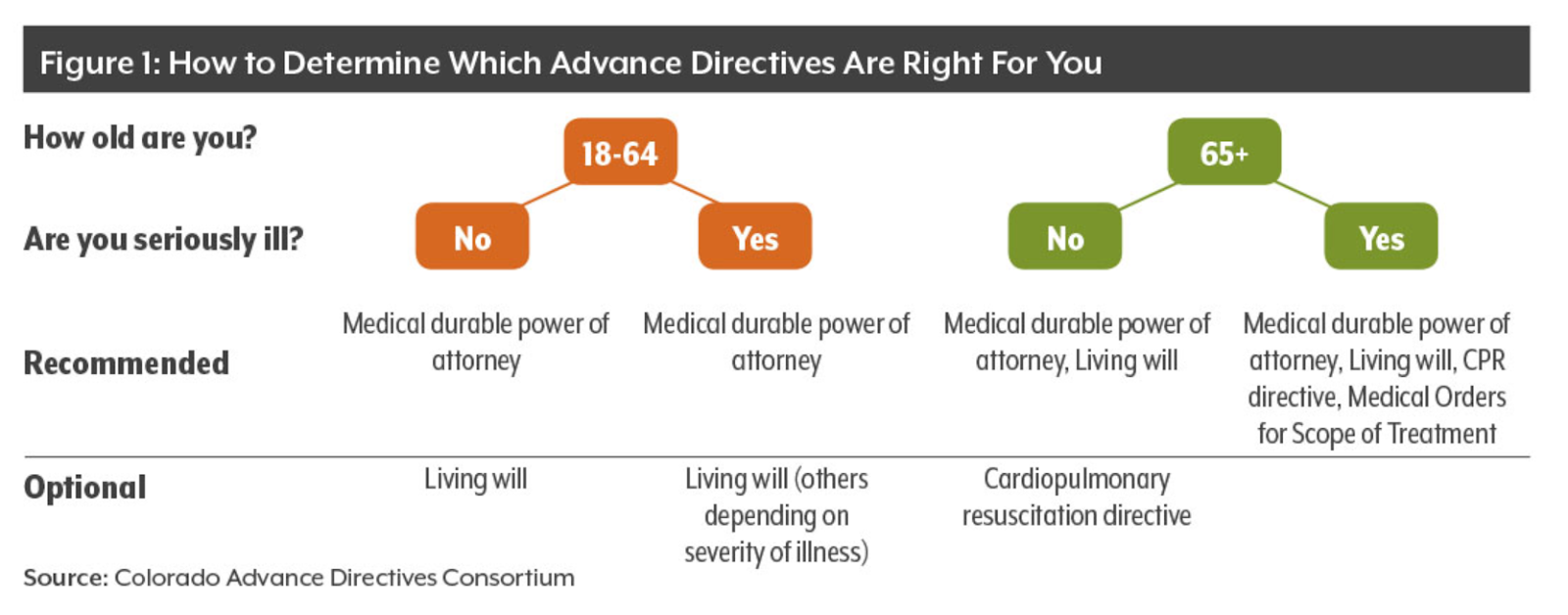Advance care planning for patients and families
Advance care planning is a process that allows people to make decisions about their future medical care. It provides direction when a person is unable to talk about their own health care choices. Advance care planning includes advance directive documents as well as on-going conversations with loved-ones and decision-makers.
What is an advance directive?
An advance directive is a legal document(s) that tells your health care team your wishes about what you do or don’t want for your medical care when you are not able to make these decisions for yourself.
Why do I need an advance directive?
Everyone over the age of 18 should have at minimum a Medical Durable Power of Attorney (MDPOA) and a conversation about their health care wishes with those who matter most. This gives you the power to make sure your health care wishes are respected. These conversations should be ongoing and happen throughout life. Advance care planning is not only for end-of-life.
What advance directive is right for me?

What should I do right now?
- Name and document a Medical Durable Power of Attorney (MDPOA)
- MDPOA names a Health Care Agent to make medical decisions for you if you become unable to speak for yourself.
- There are many legal MDPOA and Advance Directive forms available. Choose what is best for you.
- Discuss your values and wishes with your Health Care Agent and important people in your life so they know what kind of care you would want (tools below can help guide these conversations).
Tools available for patients and caregivers (also available in Spanish)
- The Conversation Project. (Materials also available in Spanish. Tools linked here.)
- Being prepared in the time of COVID has simple steps with 3 things everyone can do to be prepared.
- The conversation starter kit can help start important conversations around advance care planning and what you would want if you were not able to speak for yourself. This is available in over ten languages.
- There are also resources on managing anxiety and stress, help for older adults and caregivers, and how to talk with your children about COVID.


